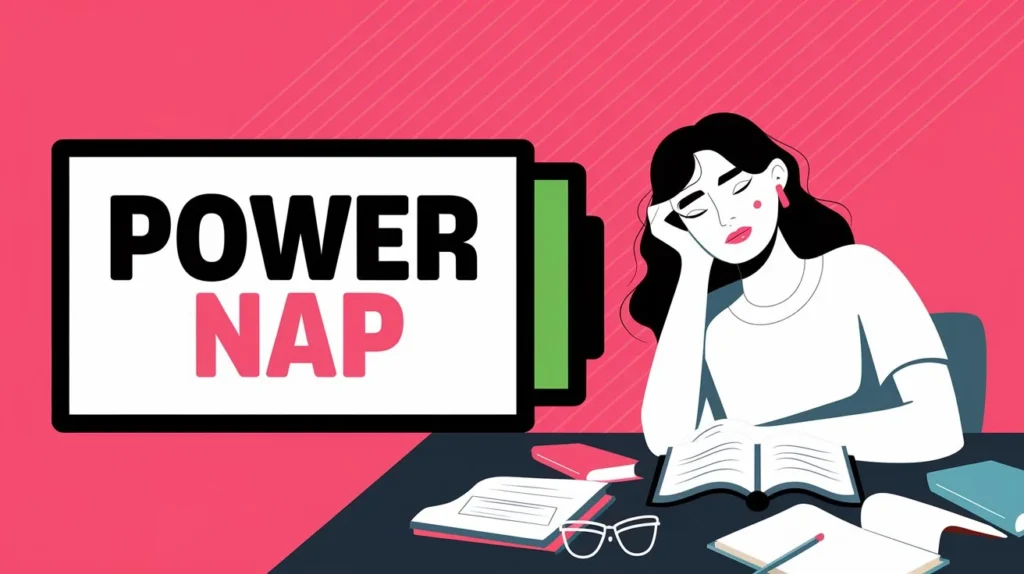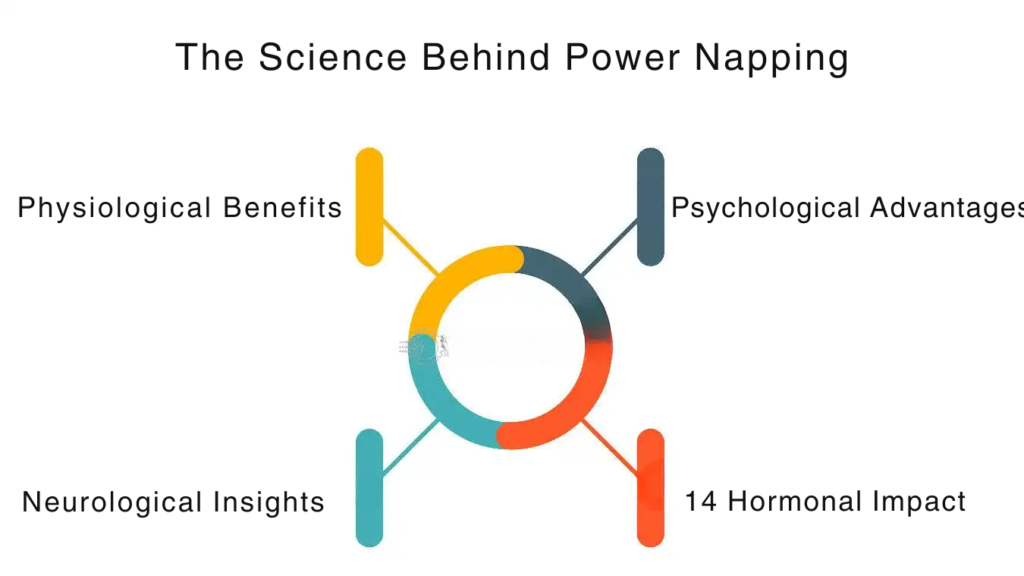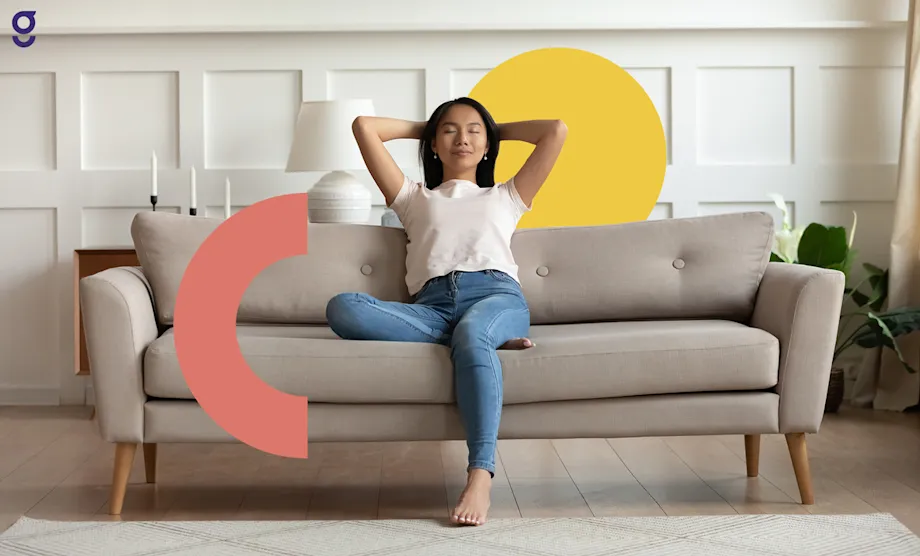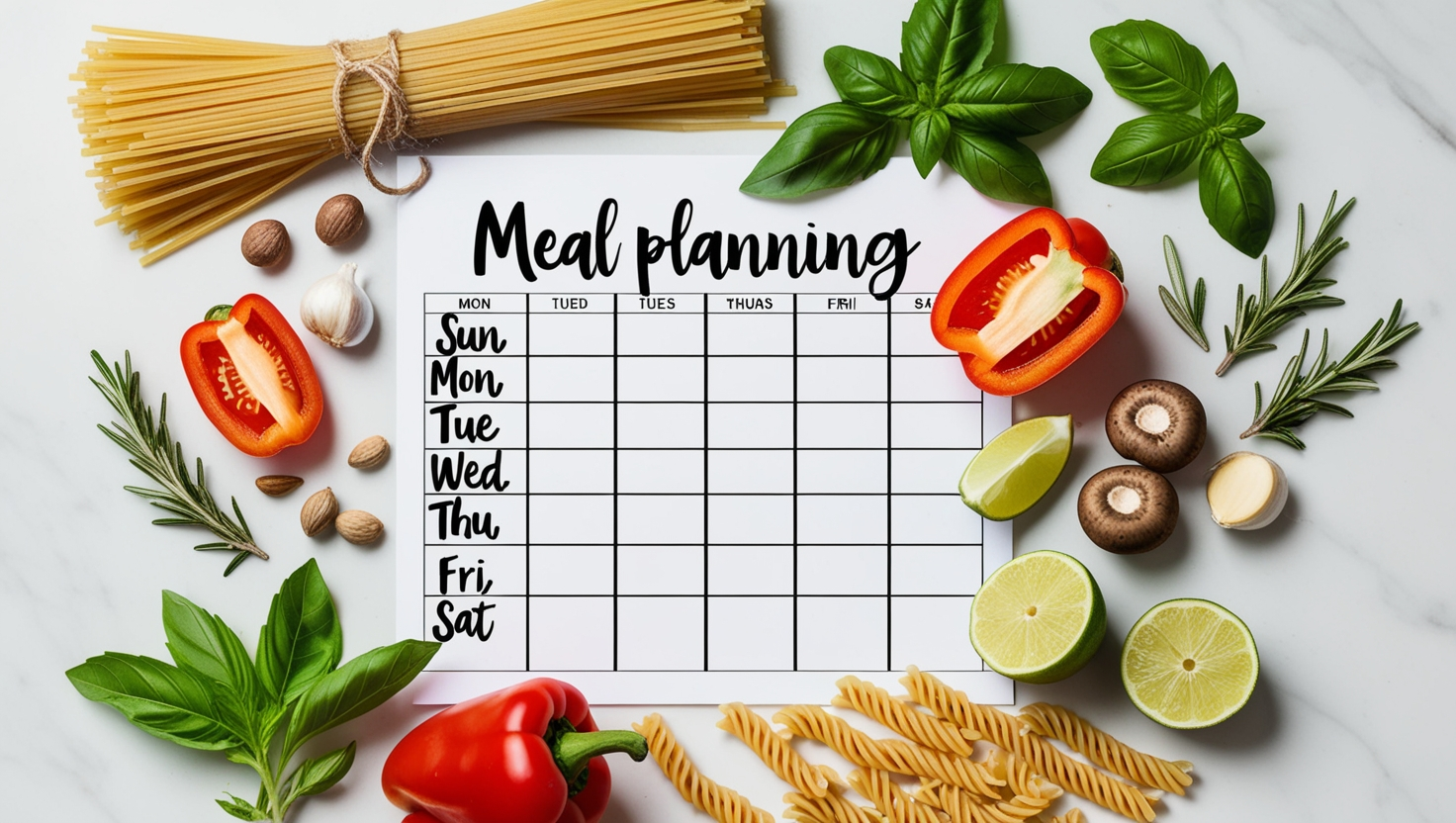
In our fast-paced world, it’s easy to feel overwhelmed and stressed. While a good night’s sleep is crucial, sometimes a quick power nap can do wonders for our mental and physical well-being. Power napping, short periods of sleep during the day, has been shown to improve alertness, productivity, and mood. In this article, we’ll delve into the science behind power napping and how it can help reduce stress and anxiety.
The Science Behind Power Napping

A power nap is a short, refreshing sleep session lasting between 10 to 30 minutes. Unlike longer naps, which can lead to sleep inertia (that groggy feeling), power naps are designed to give you a boost of energy and mental clarity without impacting your nighttime sleep routine. To make the most of your naps, consider investing in a comfortable memory foam pillow or a reclining chair to enhance your nap experience.
How a Power Nap Works
Power naps work by allowing the brain to enter light sleep stages without going into the deeper stages that make waking up harder. During this brief rest, the body can process information, recharge energy levels, and reduce the hormones associated with stress, like cortisol. A weighted blanket can help you relax faster and create a cozy nap environment.
Can Power Naps Really Reduce Stress and Anxiety?

Credit: www.goodpath.com
Yes! Power naps can be a simple yet effective way to help reduce stress and anxiety. Here’s how they make a difference:
- Mental Recharge
A short nap can provide a mental “reset.” If you’re feeling overwhelmed, a power nap offers a break from constant stressors, allowing your mind to relax and recharge. Consider using a sleep mask with cooling gel to block light and soothe tired eyes during your nap. - Hormone Regulation
Stress often triggers the release of cortisol, the body’s primary stress hormone. A brief rest can help the body regulate cortisol levels, allowing you to feel calmer post-nap. - Enhanced Focus and Alertness
Naps can increase alertness and concentration, helping you tackle tasks with a refreshed mindset. - Improved Mood
Feeling irritable or down? Studies suggest that naps can increase serotonin levels, helping to stabilize your mood. This hormone helps counter feelings of anxiety and encourages a positive outlook.
Tips for an Effective Power Nap

Credit: elev8.com
If you’re new to power napping or just want to make the most of your naps, here are some practical tips:
- Keep It Short
Stick to a nap duration between 10 and 30 minutes. Any longer, and you may enter deeper stages of sleep, which can leave you feeling groggy. - Set an Alarm
Prevent oversleeping by setting an alarm. This ensures you wake up before moving into deep sleep stages, allowing you to feel refreshed rather than disoriented. A vibrating alarm clock can wake you gently without disturbing others. - Nap in the Early Afternoon
Aim for a nap between 1 p.m. and 3 p.m., when your body’s natural circadian rhythms dip. Napping too late can interfere with your nighttime sleep, potentially leading to insomnia. - Find a Quiet Space
Noise can disrupt sleep, even during a short nap. Try to find a quiet space or use earplugs to help you relax. - Stay Comfortable
A comfortable position can make all the difference. If you’re able to lie down or recline, do so! If not, a supportive chair will also work well.
Frequently Asked Questions about Power Naps
1. How often can I take a power nap?
While there’s no strict rule, one power nap per day is typical. However, if you feel stressed or fatigued, a second nap may help – as long as it doesn’t affect your nighttime sleep.
2. Are power naps suitable for everyone?
Most people benefit from power naps, but if you have trouble sleeping at night, you may want to avoid naps later in the day.
3. Is it normal to feel groggy after a nap?
If you feel groggy, you may have napped too long. Sticking to the recommended 10-30 minutes can help avoid sleep inertia.
4. Can power naps replace nighttime sleep?
While beneficial, power naps aren’t a substitute for a full night’s rest. They’re a great supplement, especially during stressful or demanding days.
Final Thoughts: Embrace the Power of Power Napping
Power naps are more than a quick energy boost – they’re a valuable tool for reducing stress and improving mood. Incorporating power naps into your day can help you better manage life’s demands while nurturing your well-being. With the right timing, environment, and duration, you can make power naps a reliable part of your stress-relief toolkit.















